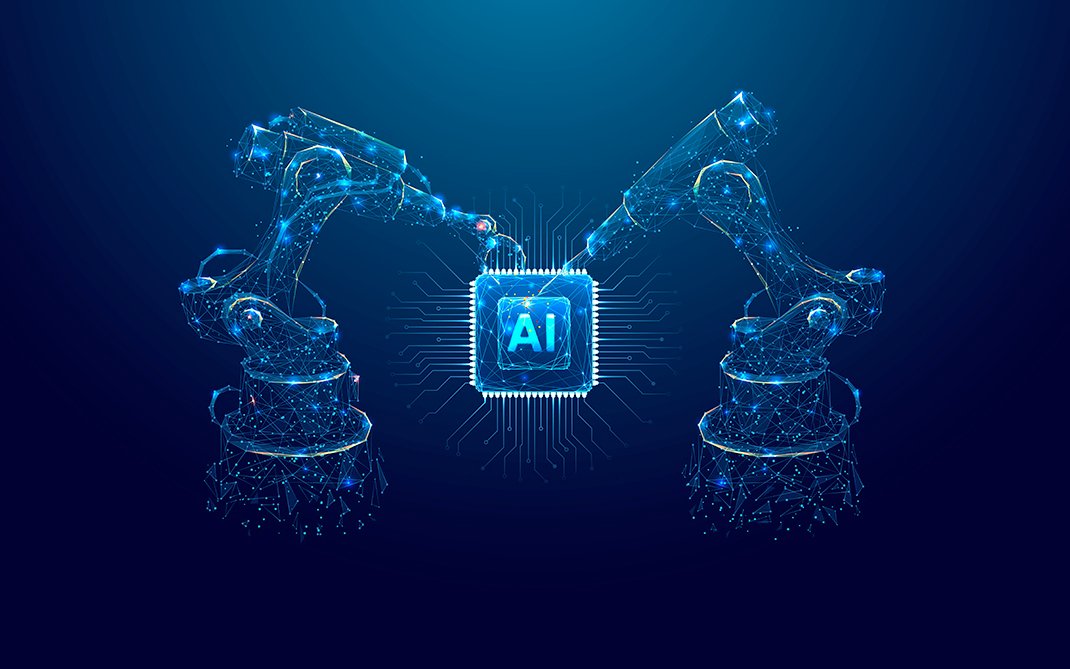President of Cayuga Community College Brian Durant discusses the impact of AI on manufacturing and how CCC is helping meet the need of local employers
By Deborah Jeanne Sergeant

It seems like artificial intelligence (AI) has become a part of many things we do from leisure to business.
In manufacturing, AI is helping meet the worker shortage and reduce company overhead in a myriad of ways.
AI can help manufacturing companies on both the human resources side of the business as well as the manufacturing of goods.
“AI is already a factor in the manufacturing industry and will continue to grow in the years ahead,” said Brian Durant, doctor of education and president of Cayuga Community College. “Most of the manufacturing companies Cayuga has connections with across Central New York and the Finger Lakes Regions are already using AI. It might be for marketing and sales, to identify potential employees, to prepare trainings or for sustainability efforts.”
But AI is growing in use in more ways that relate to manufacturing—and for good reason. From what Durant is observing, AI is helping create more efficient manufacturing companies.
“Large-scale, complex processes can be automated, optimizing the workflow and enhancing the quality of the product,” Durant said.
Eliminating workflow bottlenecks and creating more products with lower overhead is a no-brainer for increasing profitability for manufacturers.
AI can also help improve product quality. Durant said that product inspections to identify flaws or product defects and also data analysis are all enhanced through use of AI.
Equipment breakdowns cost manufacturers about $50 billion annually nationwide. Regular equipment maintenance can help prevent these problems. Durant said that AI can help manufacturers prevent some of these problems by scheduling predictive equipment maintenance based upon AI using data to foresee when equipment should need maintenance.
Robotics in manufacturing can both increase accuracy and quality as well as reduce the need for people to perform mundane work. According to the McKinsey Global Industrial Robotics survey, 25% of capital spending for industrial companies will be for automated systems. Collaborative robots—aka “cobots”—working alongside people, can help perform tasks in manufacturing.
Durant said that that AI is the “fast-growing part of the field that can benefit our industry partners across the region.”
To help fill the demand for skilled manufacturing workers and those developing AI, Cayuga has a variety of programs related to technology and manufacturing.
Cayuga operates the School of Science, Technology, Engineering and Mathematics. Its Fulton campus has an Advanced Manufacturing Institute to help meet the need of local employers such as Micron, Novelis and Huhtamaki. In addition, Cayuga began building a Workforce Development Center in Auburn to provide career and community support, in part to help the area’s growing manufacturing sector.
“The Advanced Manufacturing Institute will play a pivotal role in preparing the current and future workforce to continue the proud manufacturing tradition in Oswego County and Central New York,” Durant said. “At the institute, students will enjoy exceptional instruction and hands-on learning designed to provide them the experience they need for their career.”
Cayuga also partners with area companies to create custom training programs for their specific equipment and processes.




